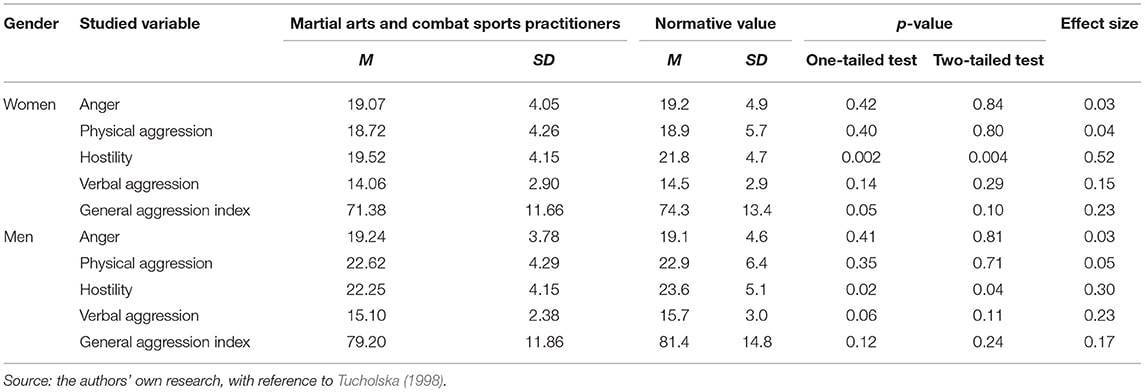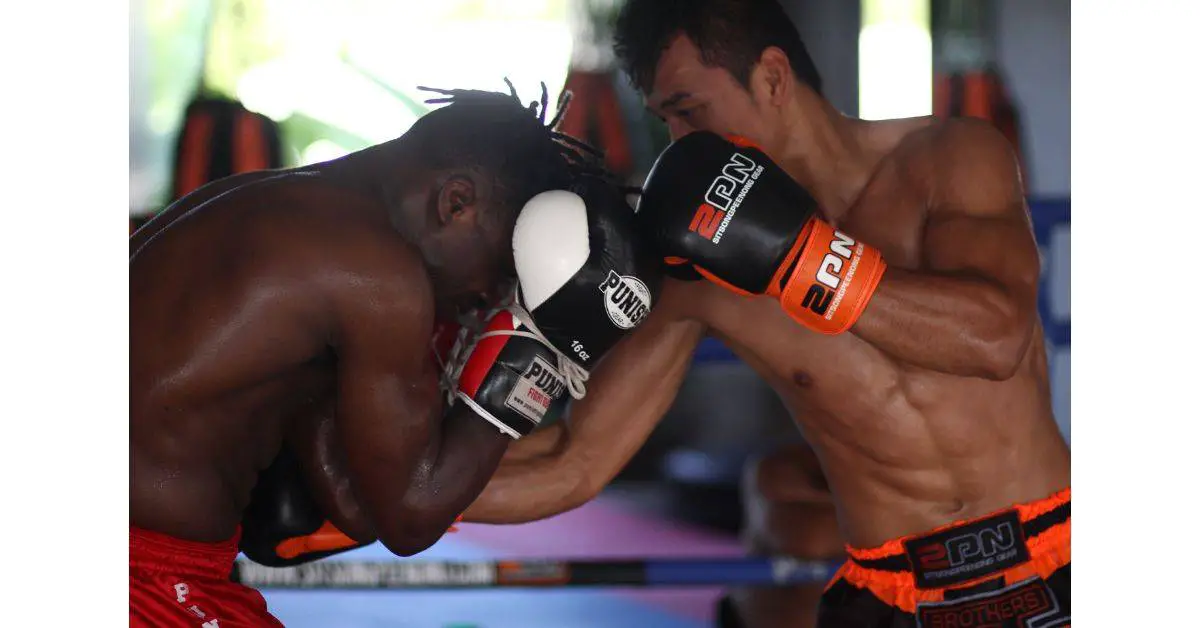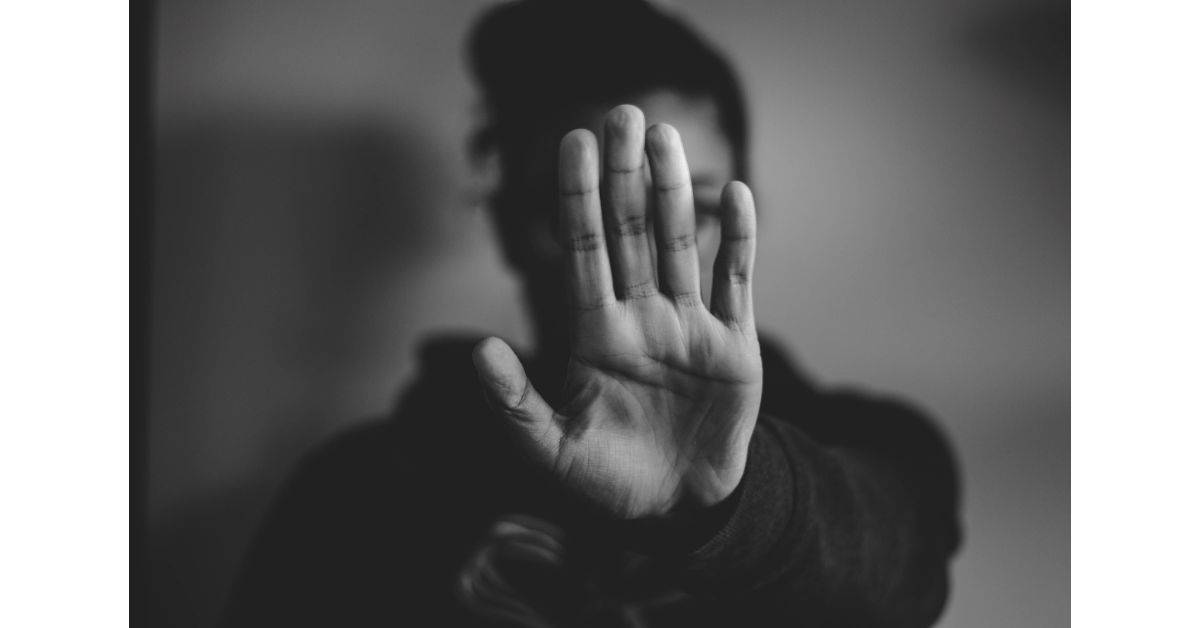Any combat sport inevitably involves violence. It muddles the distinction between conflict and competition. So, will engaging in a combat sport like boxing increase your aggression and violence? Many factors, like character, ability to control anger and personality, will determine this.
According to studies, training in boxing will not make you violent. In everyday practice and competition, boxers’ self-efficacy and self-control lessen their aggressive conduct. Boxers release their pent-up energy through boxing. If someone can’t tell real life from sports and misbehaves, they already possess violence.
Boxing doesn’t lead to more aggressive behavior. It alters your level of violence and aggression from what it would be. Also, I’m sure you’ve heard the tale of a trouble making or violent young person who, after discovering boxing, discovered a way to channel their anger while simultaneously learning the discipline they were ostensibly missing outside the ring.
Leading a structured lifestyle and engaging in strenuous exercise is helpful for most people. It instills discipline and improves your understanding of how seriously you can harm someone. Any martial art emphasizes respect, and being in a setting where respect is required should produce a more composed, controlled personality.
Before we dive in, if you want to instantly improve your boxing skills, I recommend you pair yourself with the best boxing shoes. I wrote an article breaking down the best ones, and I encourage you to follow the link to read it.
Does boxing make you aggressive?
Many people do identify the sport of boxing with hostility, violence, or the desire to harm the opposition. Aggression is another factor that draws individuals to a sport, especially boxing fans. But does boxing make one aggressive?
Boxing doesn’t make you aggressive; although boxing is a fairly aggressive sport, it does not make you more violent. Focus and self-control are essential during boxing training sessions since they help you eliminate bad emotions and relax your mind, reducing stress and aggression levels even when you’re not in the ring.

We can understand the entire answer from this table; boxing trainees are less prone to the following traits:
- Anger
- Physical aggression
- Hostility
- Verbal aggression
So, not only do martial arts don’t make you more violent. But, they make you less violent and ready to solve fights with words. Isn’t that just filled with irony?
Boxing is a sport that requires concentration and self-control. You must be highly precise while displaying anger, which you can only accomplish via extensive training. Floyd Mayweather is a well-known boxer who has improved his boxing abilities and control over his rage.
Does watching boxing make you violent?
Does watching boxing video games and matches make you violent in the real world? Is the violence on screen and in real-life related? Watching competitive boxing sometimes gives some people an idea of comprehension, self-control, and confidence in the sport, resulting in calm and less anger.
Watching boxing doesn’t make you violent. A person prone to act the violent moves he watches on the screen is already violent. Although, there is insufficient data to establish a causal relationship between watching violent sports and using violence. The violence in boxing isn’t as relevant as those in high-stakes games.
A study shows that the lack of a relationship between UFC and domestic violence statistics shows that the amount of contact or violence in the sport is less relevant than rivalry or high-stakes games.
Therefore, increased violence is more likely to result from high-stakes conflicts than actual aggressiveness or violence watchers of the game observe from watching the game.
If you want to know whether you can learn to fight by watching videos, follow the link to an article of mine where I reveal the answer.
What are the negative effects of boxing?
As a form of exercise, boxing is usually best. It’s a great way to get cardiovascular exercise and some explosive strength training for your upper and lower body. Learning boxing moves helps you become more confident in other situations where you must defend yourself.
The most prominent side effect of boxing is the effects of past injuries over time. Boxers frequently take blows. It increases with every cross, uppercut, or jab they receive after a blow to the face or head. Fighters are likely to experience brain aging and develop conditions like Alzheimer’s and Parkinson’s disease.
Muhammad Ali, arguably the greatest boxer in history, fought this illness for the remainder of his life.
When a boxer gets hit in the head, head injuries might result. Although it appears to contact the bones of your skull, a pool of protecting fluid inside the skull suspends the brain.
A boxer’s brain strikes the hard skull when hit in the head, bruising and harming the tissue. If the blow is powerful enough, the victim can experience a momentary loss of consciousness. This is a knockout or a concussion.
You only truly get unconscious after concussions. Even if the head wounds are not as severe and the boxer continues to fight, the brain still suffers damage. CTE is the name of this. According to research, a fighter with CTE will experience cognitive impairment as they age.
Here’s why boxing will not make you more violent
According to the research by frontiers in psychology, men, and women who practice martial arts and combat sports displayed reduced levels of hostility compared to the normative value (Tucholska, 1998); this was equally true for females when it came to the general aggression index. Here’s why boxing will not make you violent.
Boxing is a sport that can instill self-control. While teaching respect, discipline, and commitment, boxing teaches you how to fight. It can help you eliminate bad feelings and improve emotional management because it’s a high-intensity activity. Punching a boxing bag has great psychological benefits that reduce violence.

According to science, punching a bag causes a reaction in your body that helps you relax and manage your emotions.
Boxing enhances focus. As a boxer, you must exercise awareness during sparring sessions and when practicing various combinations on punching bags.
With practice, this technique improves your focus and allows you to stay concentrated even when you’re not in the boxing ring by assisting you in avoiding pointless distractions.
When you exercise with punching bags and in the gym, your brain produces more endorphins, a hormone that makes you happy. It enables you to sleep more soundly (on a physical and mental level), which boosts your confidence and overall well-being. You are not prone to provocations easily.
Do boxers want to fight people?
People often use the phrase “boxing may transform your life” frequently because boxing training instills discipline, work ethic, self-control, and confidence whether you enter the ring. You learn about yourself differently in a way that transforms you.
Boxers don’t want to fight random people because that’s not what boxing is about. Instead, it’s preaches self-control and lowers overall aggression and violence levels. Likewise, martial arts also reduce stress. These traits will make you more prone to solve issues or fights with words and not punches.
Aggression, violence, and violent outbursts occur, but by confronting these issues in the safe setting of a boxing club, you learn to manage yourself, and you are not easily irritable. The boxing gym teaches many valuable life lessons. People may try to rattle your cage, but can’t dissuade you from your game plan.
Boxers don’t always use their skills to fight outside the gym, but those who do should get attention. And government-funded gang interventions must be only put in place when the people in charge know a lot about the area and understand it well.
Final words
Do you become more aggressive as a result of boxing? That depends on the individual. Some boxers may gain a lot from leading a disciplined lifestyle and being taught respect. Others might continue to act erratically.
A core component of the sport is aggressive play. Keeping it under tight control is all that’s required. Many folks aren’t aggressive because they don’t know how to be or are just not naturally that way.
Some people have naturally aggressive tendencies, but learn self-discipline and control from boxing training. Everyone will enjoy being a well-behaved boxer with consistency and discipline.
If you enjoyed reading this article, you’ll also enjoy reading about the valuable reasons to learn martial arts. Spoiler alert, one of these reasons is lower aggression and violence levels.
Resources
- National Library of Medicine. https://www.ncbi.nlm.nih.gov/pmc/articles/PMC6389640/
- Frontiers in Psychology. https://www.frontiersin.org/articles/10.3389/fpsyg.2021.696943/full
- Sydney Criminal Lawyers. https://www.sydneycriminallawyers.com.au/blog/does-watching-aggressive-sport-increase-the-likelihood-of-violence/
- The University of Calgary. The school of public policy publications. SPP research papers. https://www.policyschool.ca/wp-content/uploads/2017/06/Domestic-Violence-Boutilier-Jadidzadeh-Esina-Wells-Kneebone.pdf]
- What boxing tells us about repetitive head trauma and the brain. Charles Bernick & Sarah Banks. Alzheimer’s Research & Therapy volume 5, https://alzres.biomedcentral.com/articles/10.1186/alzrt177
- Sports Medicine and Ethics of boxing. National Library of Medicine. https://www.ncbi.nlm.nih.gov/pmc/articles/PMC1070930/

